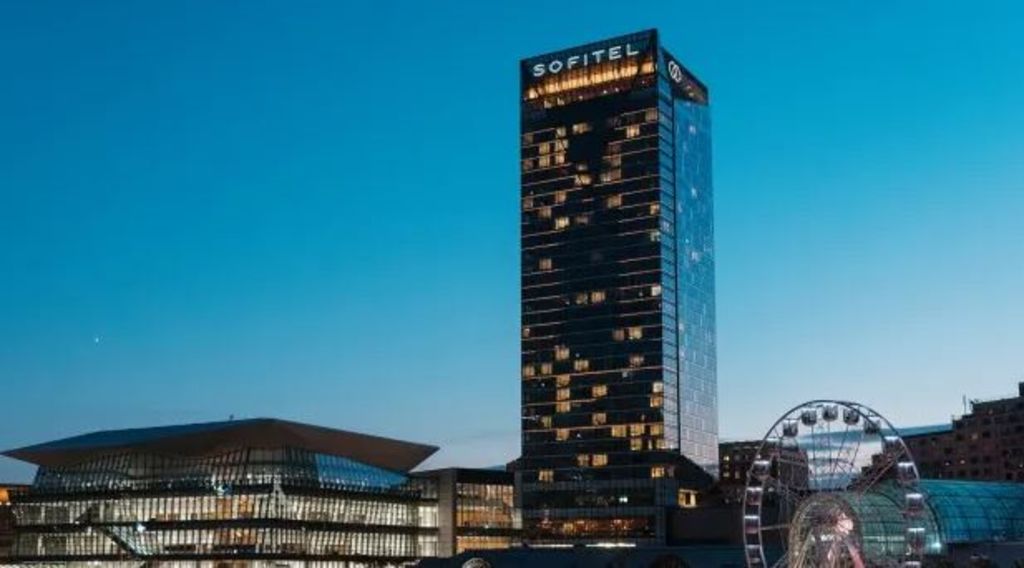
Hotel oversupply, election jitters hit Accor's Australian business
Global hotel giant Accor has singled out Australia as one of its weakest operating markets in an otherwise strong update on its business performance in the first quarter of 2019.
Amid an 8.8 per cent like-for-like rise in first quarter revenue to €987 million ($1.57 billion) and a 1.6 per cent increase in group revenue per available room (revPAR), Australian revPAR fell 1.6 per cent in the three months to March.
In its commentary Accor said the “slight contraction in business” in the Asia-Pacific (revPAR down 0.6 per cent) was driven by Australia, “where oversupply in major cities and the upcoming general elections affected prices and occupancy rates”.
Accor also identified Australia, alongside Thailand, Vietnam and Malaysia as Asia Pacific markets impacted by weaker Chinese visitor numbers. Accor’s Chinese hotels suffered a 3 per cent fall in revPAR over the first quarter.
Accor is the biggest hotel operator in Australia by a significant margin, after acquiring its second-placed rival Mantra Group for $1.2 billion in 2018 to create a group with about 355 hotels.
Accor’s underperforming Australian business adds to a growing picture of a more general and broader weakening in local hotel returns – especially in capital city markets such as Sydney and Perth – despite a tourism boom, but as supply ramps up with 33,000 new hotel rooms expected to be added over the next three years.
Newly published figures by global hotel research firm STR, show average Sydney hotel returns on a revPAR basis fell 5.6 per cent over the first three months of the year with Perth down 7.2 per cent, Melbourne flat and Brisbane down 2 per cent.
Another survey, by online travel agent Hotels.com (the Hotel Price Index), identified much stronger growth in coastal leisure markets such as the Whitsundays, Port Douglas and Sunshine Coast than the capital city hotel markets.
Responding to the latest STR numbers, Accor Pacific chief operating officer Simon McGrath said that pleasingly, “demand continued to be strong across the major markets in Australia with all capital cities indicating in increase in room nights sold over last year.
“Our hotels have performed well through the period, growing ahead of our competitor set and the broader market,” he said.
Hotel analyst Dean Dransfield said falling returns in Sydney hotels were “operator led” with nervous hoteliers cutting their rates to compete with discounted rates being offered by competitors and new hotels – and was not a sign of a weaker demand.
“There’s a degree of self-harm involved,” Mr Dransfield said.
The Asia-Pacific region is Accor’s second-biggest market behind Europe with 215,000 rooms and another 100,000 in the pipeline.
Europe, where Accor operates 336,000 rooms with another 39,000 in the pipeline was Accor’s standout market over the quarter with a “resilient” 3.3 per cent rise in revPAR amid a mixed performance across different regions.
Elsewhere, revPAR fell 0.7 per cent in the Middle East & Africa region, while North America, Central America & the Caribbean posted a 2.1 per cent decrease.
“In a turbulent macroeconomic environment, the group’s first-quarter
revenue performance highlights the effectiveness of our transformation and
the soundness of our strategy. Europe remained strong, while South America continued its robust recovery,” said Accor global CEO Sebastien Bazin.











